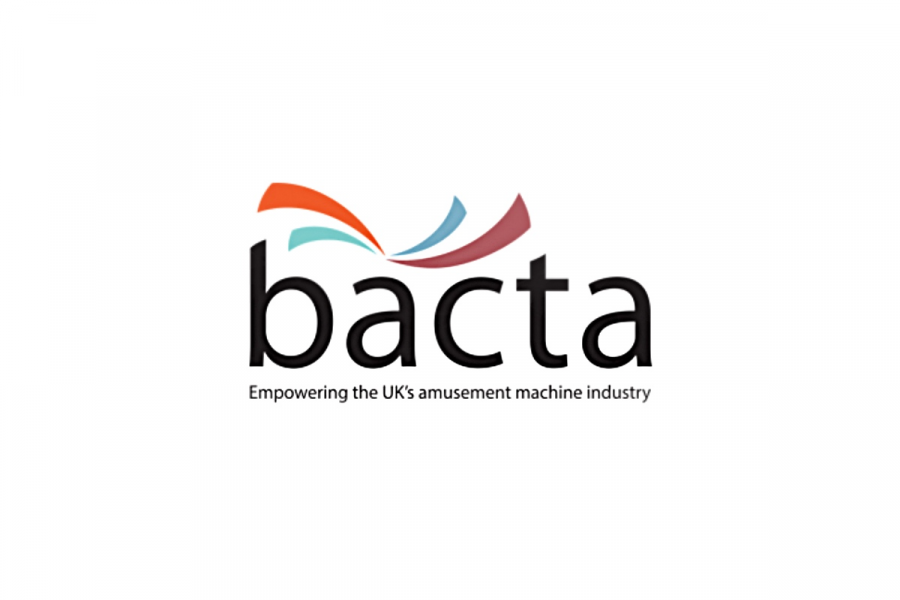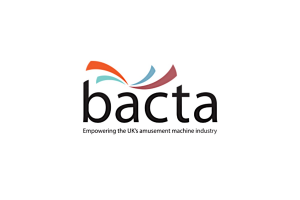Gambling Commission tells Bacta to “raise the bar” with code of conduct

Gambling Commission policy director Ian Angus spoke at this year’s Bacta Convention.
UK.- Speaking at this year’s Bacta Convention in London, Ian Angus, director of policy at the Gambling Commission, has called on operators to do more to raise standards. He particularly asked Bacta to consider expanding its Land-Based Game Design Code of Conduct.
He praised Bacta members for devising the voluntary code as well as for trialling cashless payments through apps and digital age verification solutions on gaming machines. However, he asked if Bacta’s limit-setting standard could be improved through the provision of staff alerts on server-based terminals and the introduction of real-time algorithms that identify harmful play and trigger an on-screen alert and force a “cooling off period”.
He also said the Gambling Commission felt that Bacta’s Land-Based Game Design Code of Conduct “could go further” in areas such as removing auto-play provision and displaying a customer’s net position and session time.
“Given the code is a living, evolving document we ask you to consider what more could be done in Phase 2 but understand the work is currently on hold in light of the Gambling Act review. We would challenge you to be proactive and bold. Raise the bar now, not down the line,” he said.
Angus added: “We have advocated, for a long time, that introducing enhancements in safer gambling measures must be a pre-requisite to the removal of existing regulatory controls. And so, today, I’m looking to you, the people with the ability to affect change, to continue to invest in raising standards.”
See also: Bacta: cost of living crisis poses challenge for recruitment in UK
Challenges in the land-based gaming sector
Angus made a point of acknowledging the current challenges in the sector, recognising that disruption continues on the high street and in the wider economy amid the cost of living crisis. However, he said the Gambling Commission was unable to allow operators to turn off machines to save power in light of the rising cost of energy.
He said: “Understandably, Bacta has spoken with the commission about the effects of rising energy prices on those of you working in the sector, and suggested that we amend the ‘available for use’ guidance in order to alleviate the impact of those rising prices.
“We do understand the difficulties that economic challenges place on all businesses… and we recognise the pressures that rising energy costs place on the non-remote sector. Indeed, we absolutely understand why you might ask us to amend our guidance in such a way that would allow machines to be switched off – cost efficiency is always going to be a focus when margins are tight.
“That said, the 80/20 regulations are baked into legislation and that is something that is not within our gift to change. Our guidance – which has been consistent for many years – has to be based on our interpretation of the legislation. It simply wouldn’t be appropriate for us to amend our guidance due to prevailing economic circumstances. I really do want to be clear that adherence to the existing legislation is essential. If we see compliance failings in this space, we will act.”
He noted that the Gambling Commission’s most recent participation and prevalence statistics show that overall gambling participation remains lower than pre-Covid levels, but said there were some signs of improvement.
He said: “We know from this data that people are slowly continuing to return to in-person activities. A significant increase in in-person fruit and slot machine participation, including in arcades, was seen in the year to September 2022, compared to the previous year. That said, in-person participation rates remain below pre-pandemic levels.
“We have been collecting market data from all sectors to help monitor the impact and recovery from the pandemic. Clearly, all sectors have been impacted differently. Data from the arcades sector indicates signs of recovery but we are alive to the fact that business isn’t yet back to where you’d like it to be.”
Angus has held several roles since joining the Gambling Commission nine years ago, all within the policy and regulatory partnership space. He now oversees policy development work. He said he had come to the Bacta Convention “prepared for a robust exchange of views” and was pleased not to have been let off the hook
He said: “I’m grateful for Bacta’s views and I want to state from the outset; we’re not perfect, and I’m not going to stand here and tell you otherwise. Also, there will always be areas of disagreement between any regulator and the industry that it regulates – and that is not necessarily a bad thing.”
He added that the Gambling Commission would continue to take an “unrelenting focus” on its third licensing objective: protecting children and other vulnerable persons but insisted that it didn’t do so at the expense of its other two licensing objectives.
He said: “The gambling industry could not carry on “as was” – there were too many compliance failings and too many people experiencing serious gambling-related harms. We will continue to push for a safer gambling market for the 22 million who gamble regularly in this country.”











